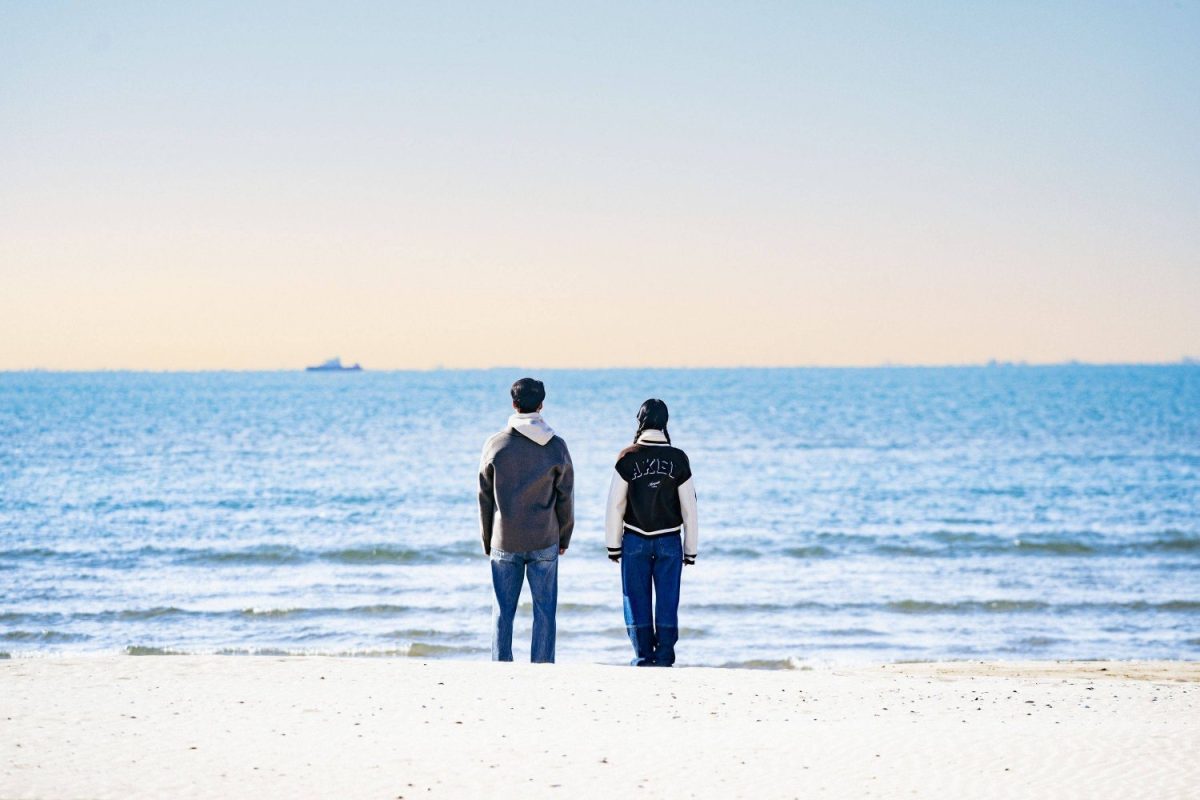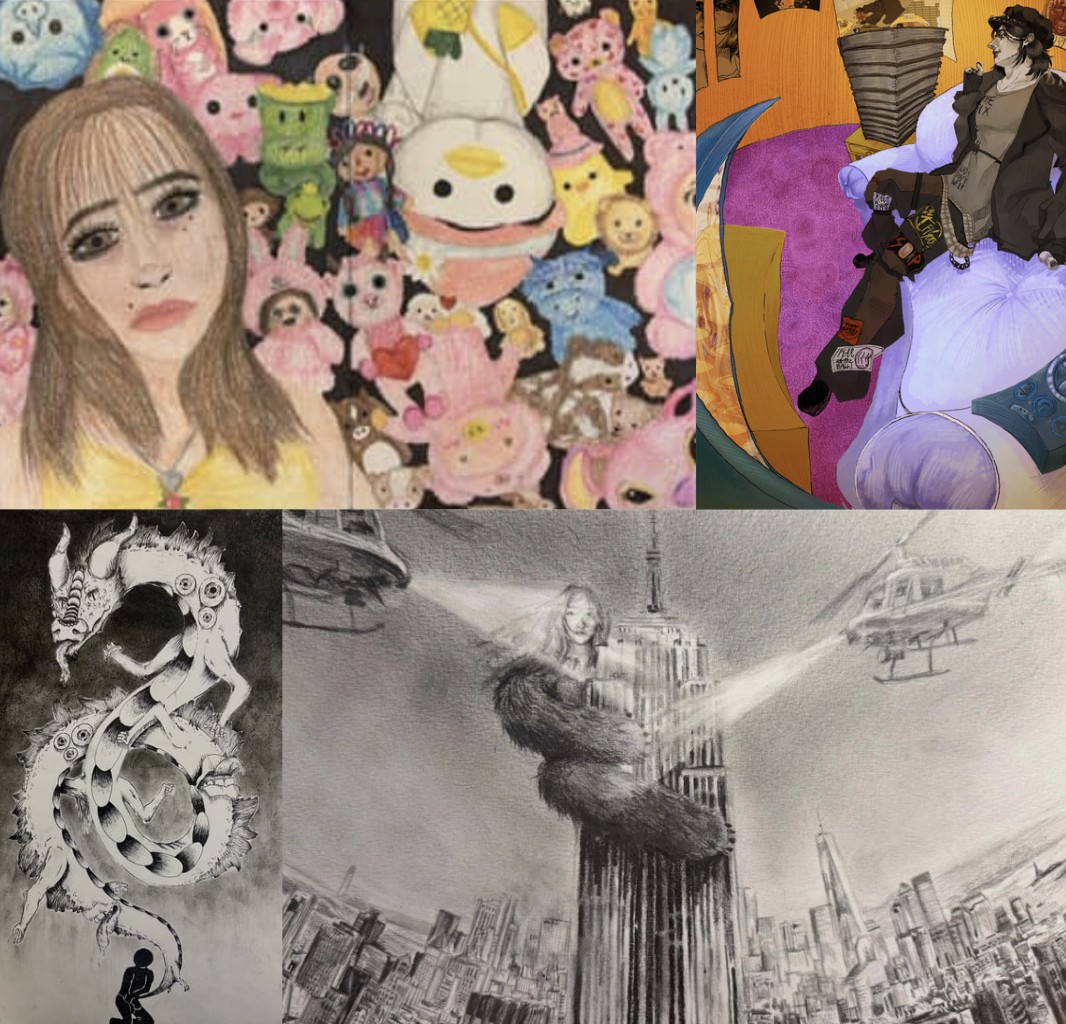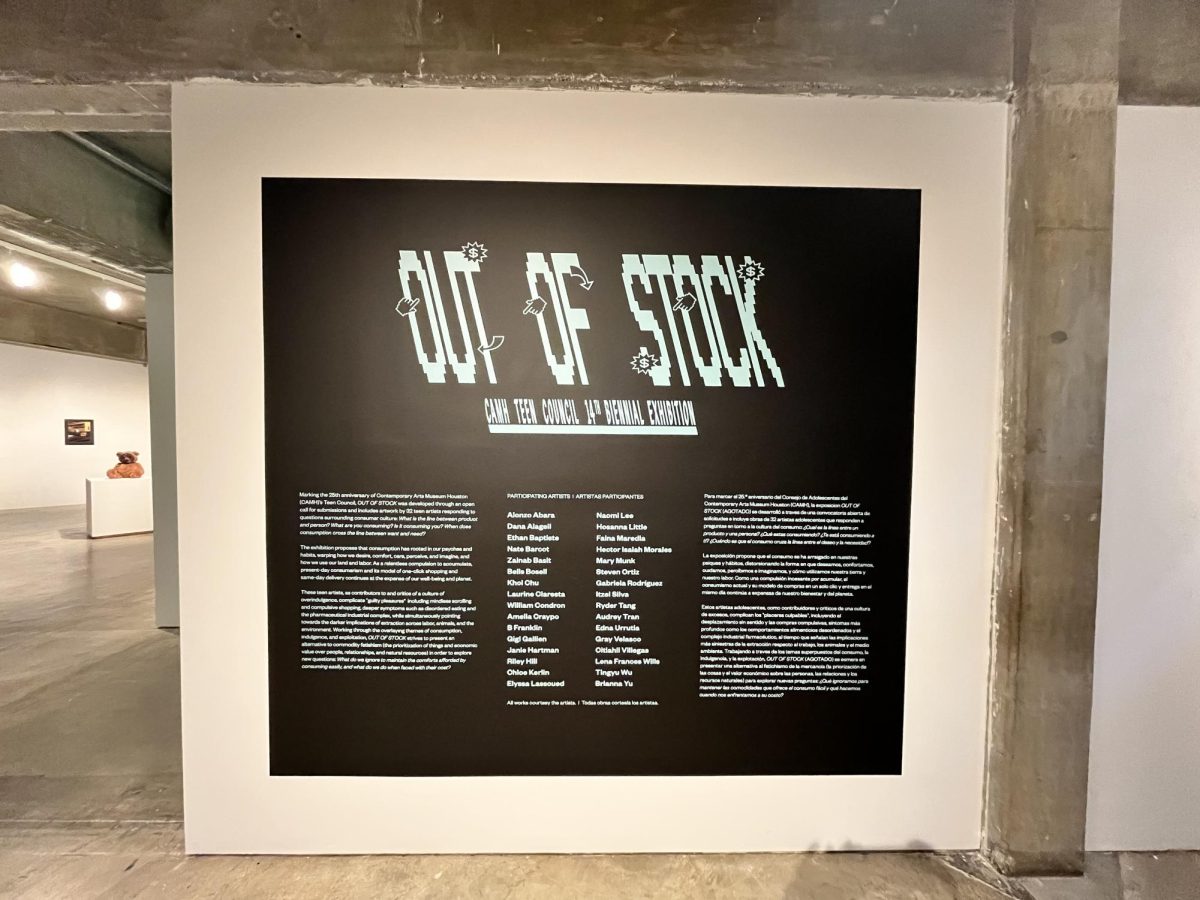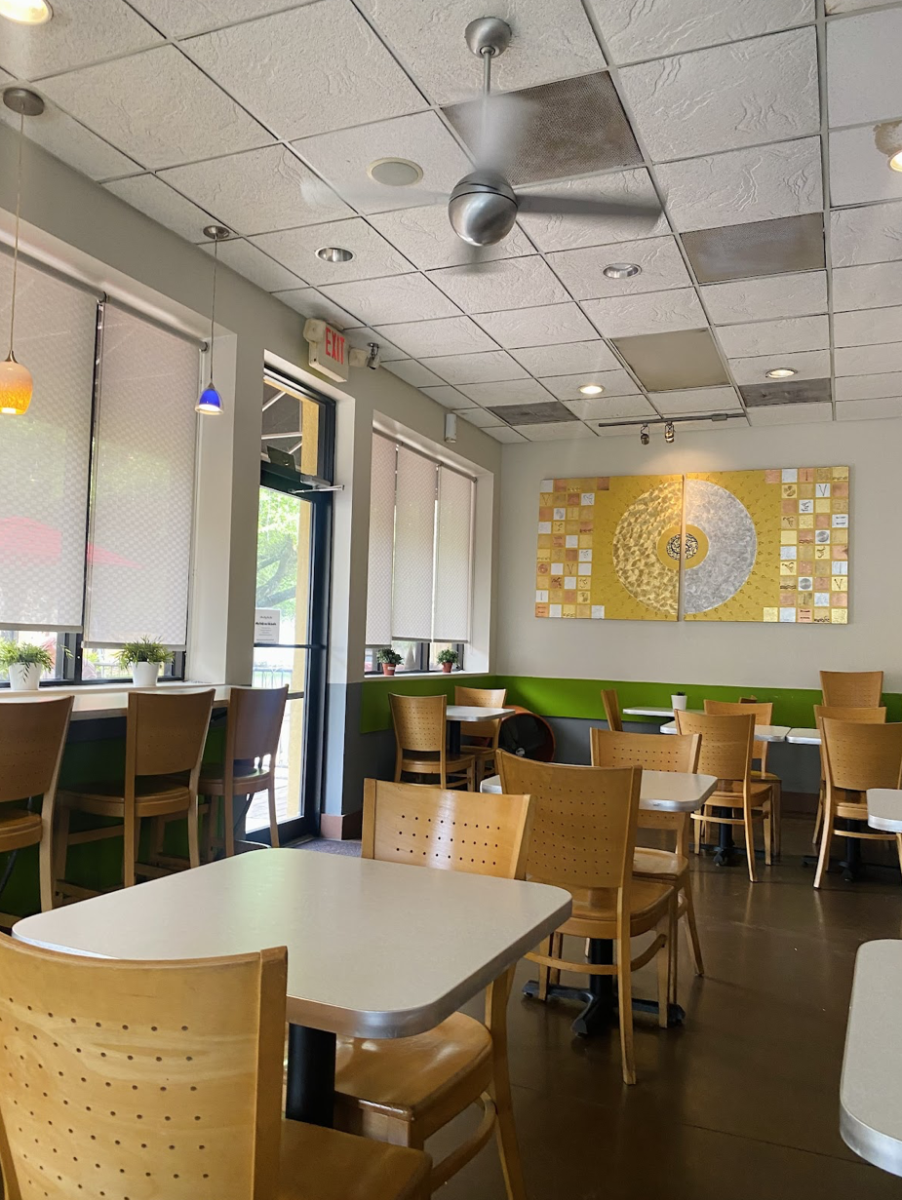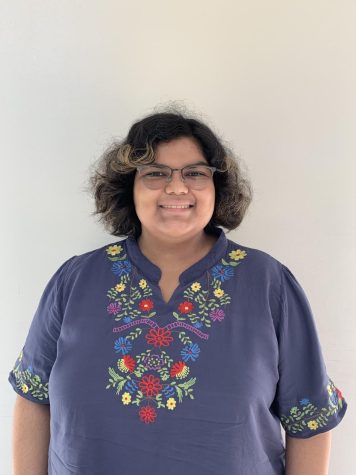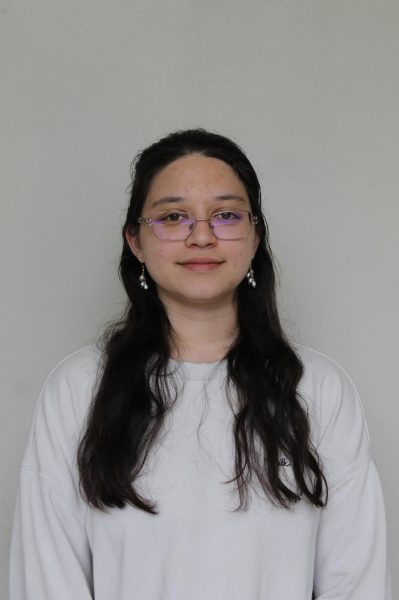WARNING: This article contains spoilers for “Doona!”
Lights flash on. Five girls walk on stage. Fans scream, waving their lightsticks.
It’s a K-pop concert.
The girls start performing, but something feels off. A few seconds in, the camera zooms into the girl in the middle—the only one wearing all white—and she falls into water.
She doesn’t fight. She lets herself sink.
Drowning.
Darkness.
Peace.
As startling as this opener is, it’s only the beginning of a long, winding rollercoaster.
“Doona!” is a South Korean coming-of-age drama written by Jang Yoo-ha, produced by Studio Dragon, starring Bae Suzy and Yang Se-jong, and directed by Lee Jung-hyo, who directed “Crash Landing on You.” The drama is based on Min Song-ah’s manhwa, “The Girl Downstairs.” The series, reviewed by renowned magazines such as TIME and Rolling Stone, is one among many that attracts a growing global audience for K-dramas.

Bae, a popular soloist in the K-pop industry, brings her real-life experience to the portrayal of Lee Doona, a retired idol with a murky past. When ordinary college student Lee Won-jun moves into the floor above her, things blossom between them in unexpected ways. While the series is mostly light-hearted, it’s also laden with themes of depression, emotional manipulation, unhealthy coping mechanisms, and young, turbulent love in the midst of it all. In presenting such themes, “Doona!” does a wonderful job at showing how romance is truly only a part—and not the whole—of someone’s life.
Won-jun and Doona’s start is fraught with misunderstandings. It starts with Doona constantly asking Won-jun to grab a meal with her, and evolves into her randomly appearing wherever he goes, including his engineering class. Eventually, after Won-jun realizes that Doona doesn’t understand life beyond being a world star, he becomes open to her friendship. This progression stood out to us because of its unconventional, yet familiar nature—unconventional because girls normally don’t go to such lengths to simply be friends with a guy, but familiar because of Doona herself, who wears her loneliness on her sleeve.

As Won-jun and Doona become closer, the show throws a couple of obstacles in their way. There’s Won-jun’s high school best friend, Kim Jin-ju (Shin Ha-young), and his childhood nemesis, Choi I-ra (Park Se-wan). Both women are romantically interested in Won-jun, which complicates things for him. While Choi I-ra serves as a catalyst for Doona’s feelings realization, Kim Jin-ju creates a dilemma for Won-jun, who struggles between moving on with Doona or acting on his previous feelings for Jin-ju. Unfortunately, the timing wasn’t right for them. Though they liked each other once, they weren’t able to communicate properly, and thus, Won-jun’s crush faded away with time.
In contrast, we see a way where the timing is right for a couple of supporting characters. As I-ra reels from a recent breakup, she quickly sets her eyes on Won-jun’s roommate, Koo Jung-hoon (Kim Do-wan). Being the author of that ridiculous list of rules, we know that Jung-hoon has a rigid, antisocial personality. However, his pessimism regarding love and relationships is quickly dissolved by I-ra’s bold pursuit of him, and they soon get together. They act as the perfect foil to Won-jun and Doona’s relationship, which is becoming increasingly strained as Doona’s past—in the form of her old manager, Park In-wook (Lee Jin-uk)—catches up with her.
The series delves deep into the dark aspects of the K-pop industry as it exposes the emotional manipulation, intense pressure, and control that idols often face. After Doona goes with In-wook, leaving Won-jun without explanation, she is told that her situation is her own fault, though she fights In-wook on this and the other nasty things he says. Then, after getting injured while trying to escape In-wook’s car, she refuses to accept care from him, walking several miles to return to Won-jun, who she reconciles with. However, even after this emotionally-charged sequence of events, she eventually returns to the industry that broke her, which is depressing but realistic, considering how some idols have even committed suicide due to enduring the pressures of being a K-pop star.
The series continues despite this upheaval. Everyone goes their separate ways as Doona finds her voice again and debuts as a soloist; Won-jun continues his education, ranking first in his civil service exam; I-ra and Jung-hoon move in together, getting stable jobs; and Jin-ju continues her education by traveling the world. Before all of this happens, they—without Doona—meet up at their old sharehouse before it is renovated. As they eat and drink, they reminisce about their time as students. With the trees turning orange and the hedges around the property dying, it’s the end of an era. They’re about to start a new chapter of their lives: adulthood.
“Doona!” is bittersweet. Even though we wanted to see Won-jun and Doona’s happy ending, we never got one, which is a trend many K-dramas seem to follow nowadays. Doona was a beautiful dream, but however beautiful she was, she couldn’t be Won-jun’s reality.

In reality, the show should’ve been a cleverly disguised love story between Won-jun and Jin-ju. There’s a recurring theme of them “being like soulmates,” and that was never the case with Won-jun and Doona. Throughout high school, they leaned on each other through hard times, and Jin-ju, wanting to confess to Won-jun, once told Doona that there’s something very special about knowing someone for a long time. Unlike Doona, who is like an unstable, acidic chemical, Jin-ju is the basic chemical on the other end of the spectrum—stable, reliable, and genuine.
There is also the potential of Doona playing a role in this hidden love story. In addition to Doona being a symbol of Won-jun’s maturing tastes, she was a potential catalyst for his and Jin-ju’s happiness. Ultimately, she helped them grow into the people they needed to be. While she got Won-jun to start putting himself first, she helped Jin-ju escape from the shadow of her father, who was abusive and controlling. In doing so, she helped them become fully ready for each other.
Overall, we give the show a 9/10 despite lower ratings from other reviewers. We feel that those reviewers, most of whom are adults much older than the characters, don’t consider the characters’ youth when writing their critiques, not understanding how poor judgment and cringe-worthy moments run rampant among our age group. At the end of the day, “Doona!” is a heartfelt story about people who help each other grow. In seeing Won-jun and Doona become the best versions of themselves, we can be inspired to become the best versions of ourselves, too.
“Doona!” is available to watch on Netflix in all regions. The trailer can be viewed below.


